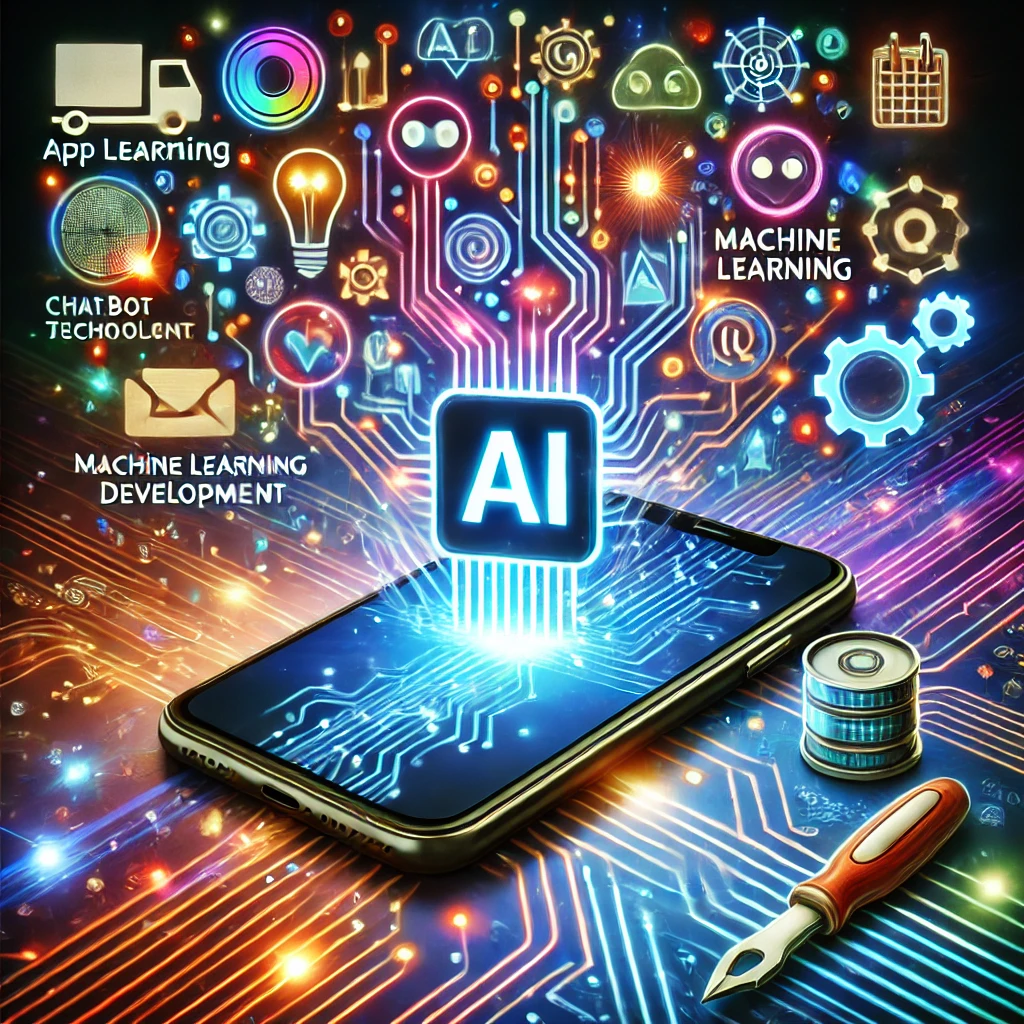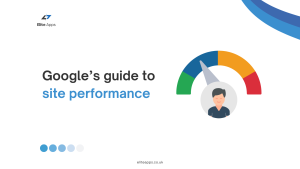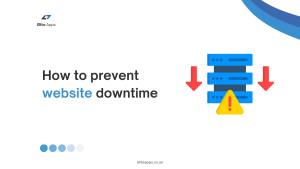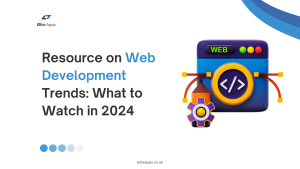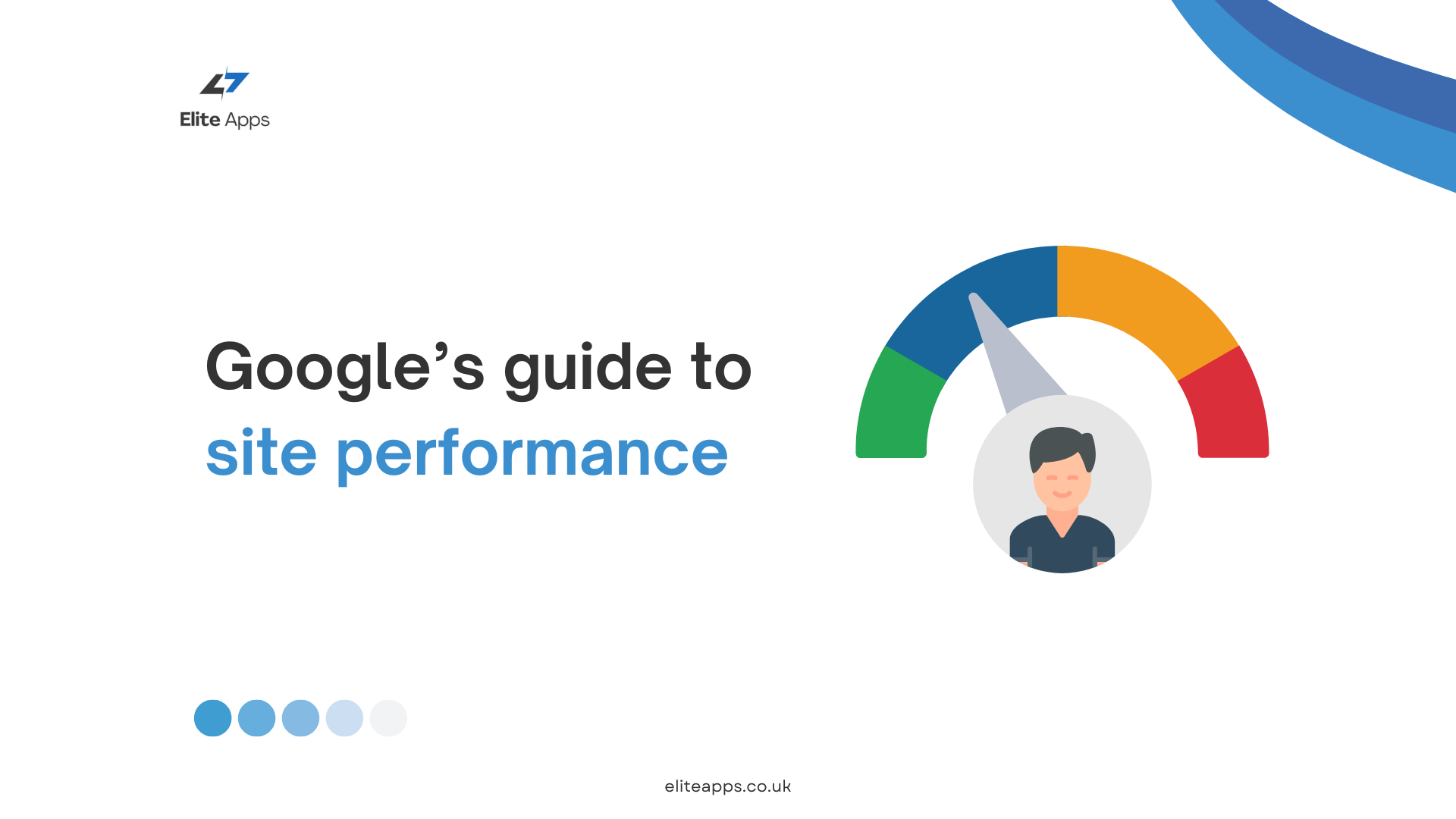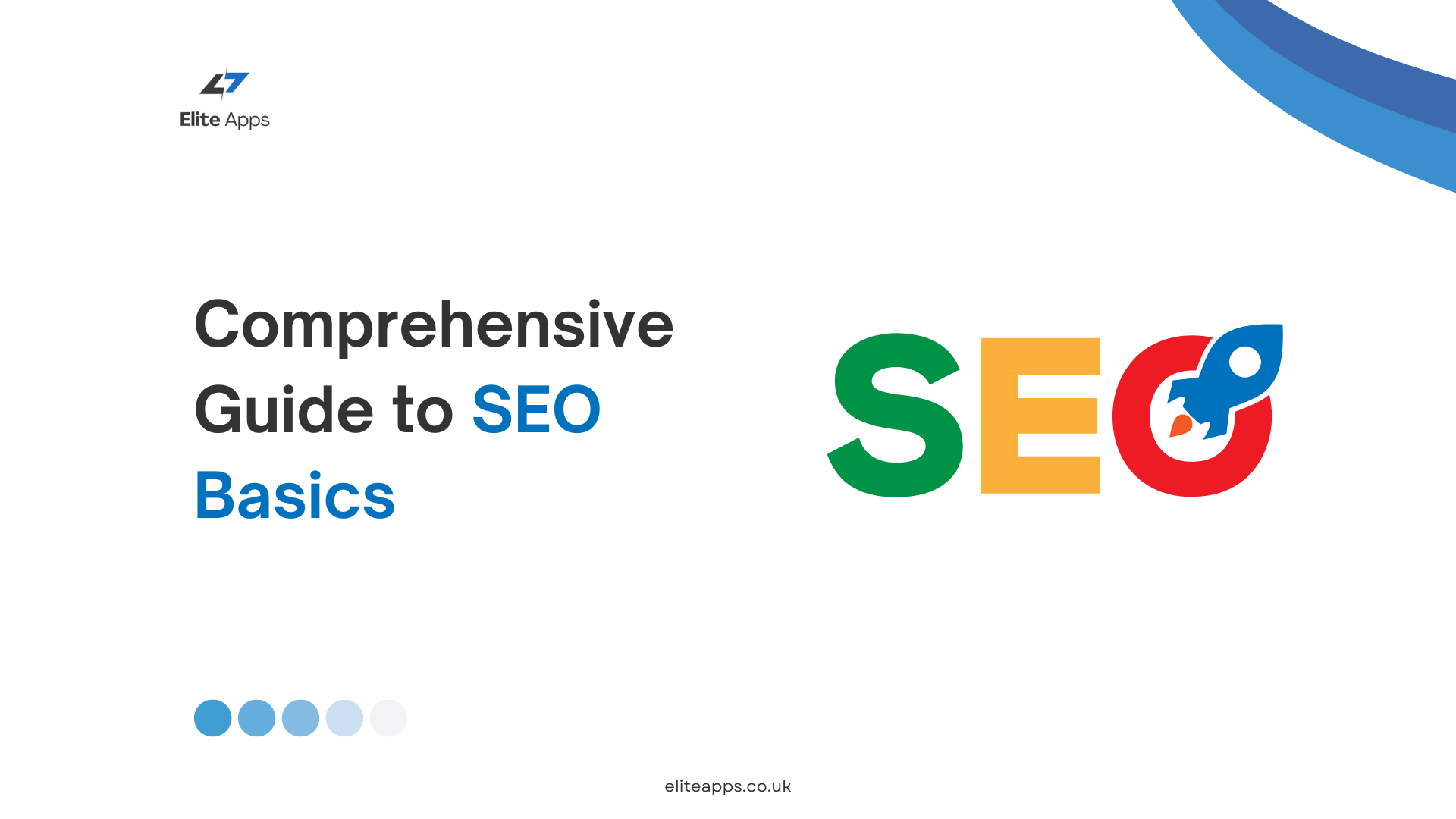In today’s fast-paced digital world, the intersection of artificial intelligence (AI) and mobile application development is creating a dynamic shift in how mobile apps are designed, built, and experienced. AI technologies are not only enhancing the efficiency of development but also shaping the user experience, making apps more intuitive, responsive, and tailored to individual needs. Let’s explore the various ways AI is revolutionizing mobile application development and the benefits it brings.
1. Personalized User Experiences
AI-driven mobile apps are redefining user personalization. By analyzing user data and behavior, AI algorithms can customize content, recommend products, or adjust app functionalities to suit each individual’s preferences. For instance, music apps like Spotify use AI to suggest songs based on user history, while shopping apps offer personalized product recommendations.
This level of personalization fosters stronger user engagement and boosts retention rates, as users are more likely to stay on apps that cater to their specific needs and tastes.
2. Intelligent Automation and Efficiency in Development

AI is not only enhancing the apps themselves but also optimizing the development process. AI-powered tools assist developers by automating repetitive tasks such as code generation, bug detection, and testing. This automation saves valuable time and reduces human error, leading to more efficient development cycles.
Tools like GitHub Copilot use AI to assist with code completion, helping developers write more efficient and accurate code. These advancements enable development teams to focus on more creative and strategic aspects of app building, increasing productivity and reducing the time-to-market for new apps.
3. Advanced Data Analytics and Predictive Insights
AI’s ability to process vast amounts of data and extract actionable insights is a game-changer for mobile app developers. By integrating AI-powered analytics tools, developers can better understand user behavior, preferences, and trends. These insights can guide feature development, user interface (UI) improvements, and even marketing strategies.
Moreover, predictive analytics powered by AI can forecast user needs before they arise. For example, AI in fitness apps can predict a user’s workout patterns or suggest improvements based on past activity data, making the app more proactive and valuable to the user.
4. Enhanced Security Features
With the rise of cyber threats, security is a top priority for mobile app developers. AI is increasingly being used to detect and prevent security vulnerabilities in real time. AI algorithms can monitor app usage patterns, identify suspicious activities, and respond to potential threats before they escalate.
For instance, AI-driven authentication methods like facial recognition, biometric analysis, and behavior-based security protocols are making apps safer for users. By continuously learning and adapting, AI systems provide a robust defense against evolving cyber threats.
5. Natural Language Processing (NLP) for Improved User Interaction

Natural Language Processing (NLP), a subset of AI, has dramatically improved how users interact with mobile apps. NLP powers voice recognition systems, virtual assistants, and chatbots, enabling users to communicate with apps using natural language rather than manual inputs.
Siri, Google Assistant, and Amazon’s Alexa are prime examples of how NLP has become an integral part of the mobile app ecosystem. Additionally, customer support through AI-driven chatbots has become a standard feature in many apps, improving response times and user satisfaction while reducing the workload on human support teams.
6. AI in Augmented Reality (AR) and Virtual Reality (VR)
AI is also playing a pivotal role in enhancing AR and VR experiences in mobile apps. AI algorithms are used to analyze and process real-world data, which improves object recognition and enables more immersive AR experiences. In mobile gaming, for example, AI helps create more realistic and interactive virtual environments.
Applications in industries such as healthcare, education, and retail are also benefiting from AI-enhanced AR and VR. Whether it’s through virtual try-on solutions in retail apps or AI-driven simulations in educational apps, the integration of AI with AR/VR is pushing the boundaries of what mobile apps can achieve.
7. Continuous Learning and Improvement
One of the standout features of AI is its ability to continuously learn and improve from data. Machine learning models can analyze app performance and user feedback to optimize features, predict app failures, or recommend updates. This ensures that apps not only launch with strong functionality but continue to evolve and adapt to changing user needs over time.
For example, in mobile games, AI can study how players interact with the game and adjust difficulty levels accordingly, keeping users engaged and improving their overall experience.
Conclusion
AI is dramatically reshaping the mobile application development landscape, offering endless possibilities for personalization, automation, security, and user engagement. From making development more efficient to enhancing app functionality and user interaction, AI has become an indispensable tool for developers looking to stay competitive in a rapidly evolving market. As AI continues to advance, we can expect even more groundbreaking innovations that will further transform the mobile app ecosystem, ultimately benefiting both developers and users alike.
The integration of AI into mobile app development is no longer a luxury but a necessity, setting the stage for smarter, faster, and more adaptive applications in the future. Whether you’re a developer or a business looking to build a mobile app, leveraging AI will not only improve the development process but also ensure a more engaging and tailored experience for your users.

